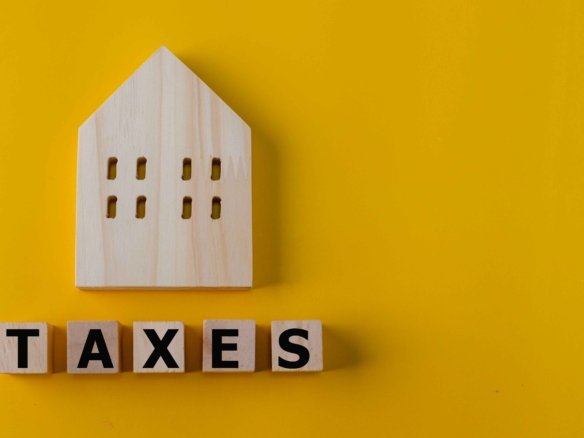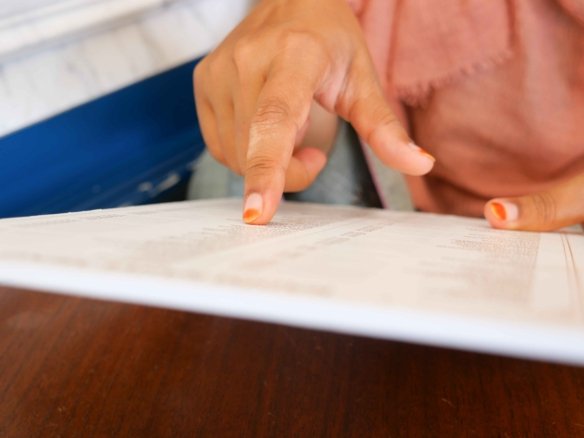Tax deed investing is one of the most intriguing opportunities in real estate. Unlike traditional property deals, it allows investors to acquire properties at a fraction of their market value through auctions organized by local governments. With the right knowledge, strategies, and mindset, tax deed investing can be a profitable venture. However, to succeed, it’s crucial to understand both the rewards and the risks involved. This guide provides smart strategies, practical insights, and proven approaches that can help you make confident decisions in this specialized investment arena.
Understanding the Basics of Tax Deed Investing
At its core, tax deed investing happens when property owners fail to pay their property taxes. Counties or municipalities then auction these properties to recover the unpaid taxes. Winning bidders receive a tax deed, which grants ownership rights to the property. The potential upside is that investors can sometimes purchase real estate for only a fraction of its market value. But while this sounds straightforward, success depends on preparation and informed choices.
Researching Before the Auction
One of the most important tax deed investment tips is conducting thorough research before attending any auction. Every property has a unique story, and it is essential to uncover as much as possible before bidding. Research should cover property condition, neighborhood quality, market value, and any liens or encumbrances. Visiting the site, when possible, provides firsthand insight, while online tools and county records offer deeper financial and legal information. A well-prepared investor is far less likely to encounter unwelcome surprises.
Identifying Profitable Locations
Location plays a major role in real estate profitability, and tax deed properties are no exception. Choosing the right counties or municipalities can make all the difference. Some areas consistently produce high-value properties with strong resale potential, while others may only offer low-demand lots or undesirable land. Smart investors track regions with growing populations, healthy economies, and rising property values. Monitoring local trends ensures that you are targeting areas where investment has long-term potential.
Understanding the Auction Process
Every county may run its auctions slightly differently, and knowing the rules is essential. Some auctions are held in person, while others are conducted online. Bidding strategies, payment deadlines, and redemption periods vary from state to state. Before participating, investors should study the auction’s terms carefully. Preparing funds ahead of time is crucial since winning bids often require immediate or rapid payment. Being familiar with the process helps reduce mistakes and increases the chances of success.
Managing Tax Deed Investment Risks
Like any form of investing, tax deeds come with risks. One of the biggest tax deed investment risks is acquiring a property with hidden issues, such as structural damage or outstanding liens that were not cleared by the auction. There is also the risk of overbidding, where investors pay more than the property is worth, reducing profitability. Additionally, some properties may have limited resale demand, making them difficult to monetize. To minimize these risks, investors should focus on due diligence, never bid without proper research, and set firm bidding limits to avoid emotional decisions.
Building a Realistic Budget
Success in tax deed investing depends heavily on financial discipline. Building a realistic budget ensures that you can cover purchase costs, repairs, legal fees, and holding expenses without being overextended. Too many beginners focus only on the auction price and forget about the additional costs that come after. Smart investors allocate extra funds for unexpected repairs, title clearance, or renovations. A clear financial plan keeps the investment profitable and prevents costly mistakes.
Strategies for Bidding Wisely
Bidding is often the most exciting part of tax deed investing, but it can also be the most dangerous if not handled carefully. A smart strategy involves setting a maximum price based on research and sticking to it no matter what. Competitive bidding environments can tempt investors to overspend, but discipline is key. Some investors prefer to focus on less popular auctions where competition is lower, while others specialize in certain types of properties where they have expertise. Patience and focus usually pay off more than aggressive bidding.

Post-Auction Steps for Success
Winning the auction is only the beginning. Once you secure a tax deed, the real work begins. The first step is clearing the title, which sometimes requires legal assistance. From there, investors need to decide whether to flip, rent, or hold the property. Each path requires different levels of investment, management, and time commitment. Ensuring the property is in good condition and marketable is vital for maximizing returns. Proper planning after the auction helps transform a purchase into a successful investment.
Networking With Experienced Investors
Another smart strategy for success is building relationships with experienced tax deed investors. Networking can provide valuable insights, access to off-market opportunities, and practical advice that goes beyond textbooks. Many seasoned investors are willing to share lessons learned from both their wins and mistakes. By joining local real estate groups, attending workshops, or connecting with online communities, new investors can accelerate their learning curve and make more confident decisions.
Diversifying Your Tax Deed Portfolio
Relying on a single property or location can be risky. Diversification helps protect against losses and spreads opportunity across different markets. Some investors balance residential properties with land, while others expand into different counties or states. By diversifying, investors reduce exposure to localized risks, such as economic downturns or shifts in property demand. Building a varied portfolio ensures that overall performance remains strong even if one property does not perform as expected.
Staying Committed to Continuous Learning
The world of tax deed investing is constantly changing, with new laws, procedures, and market dynamics. Successful investors commit themselves to continuous learning. This includes staying updated on state regulations, improving negotiation skills, and sharpening property evaluation techniques. Reading books, taking courses, and following industry news ensures that you remain competitive and capable of adapting to changes. The more knowledge you accumulate, the better prepared you are to make smart investment choices.
Balancing Patience and Action
One of the overlooked aspects of tax deed investing is balancing patience with decisive action. Some properties require months of research, legal clearance, and preparation before they generate profit. At the same time, opportunities at auctions can disappear quickly if not seized. Smart investors know when to wait and when to move forward. Developing this balance is crucial for long-term success and helps avoid both missed opportunities and reckless decisions.
Final Thoughts on Tax Deed Investing Success
Tax deed investing is not a shortcut to wealth, but with smart strategies, it can be a highly rewarding way to build financial success. By researching thoroughly, managing risks, building a clear budget, and learning continuously, investors can turn auctions into profitable opportunities. While challenges exist, disciplined approaches and patience often lead to success. For anyone serious about real estate investing, mastering the art of tax deed investing can open doors to financial freedom and long-term wealth.






Join The Discussion